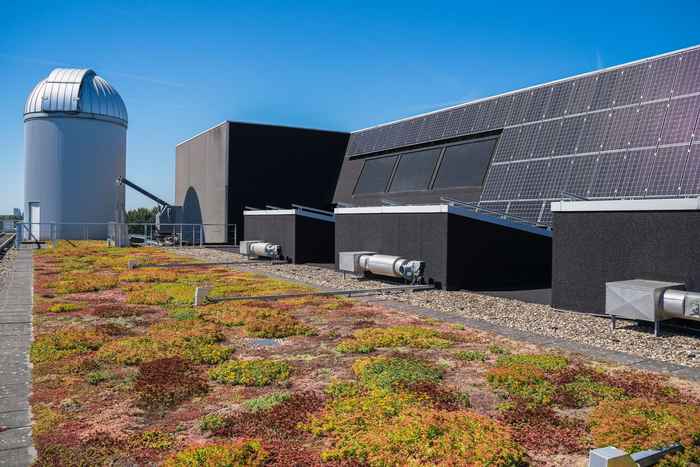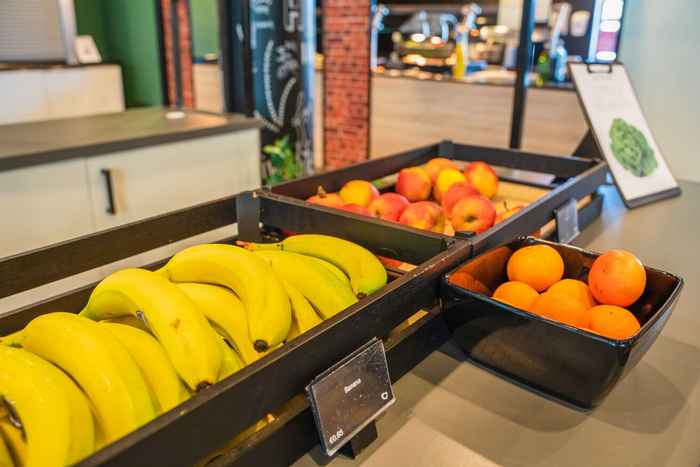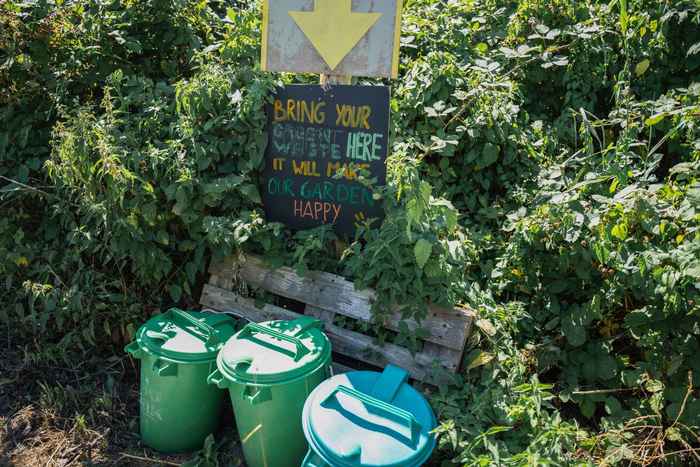The structure of the UvA’s environmental impact is shown in our infographic.
The topics on this page show our objectives and envisaged measures for the period 2021-2026, and what we are going to do to achieve these. The objectives discussed on these pages are set out in the ‘Sustainability Objectives for Operational Management’ appendix to the White Paper on Sustainability.




